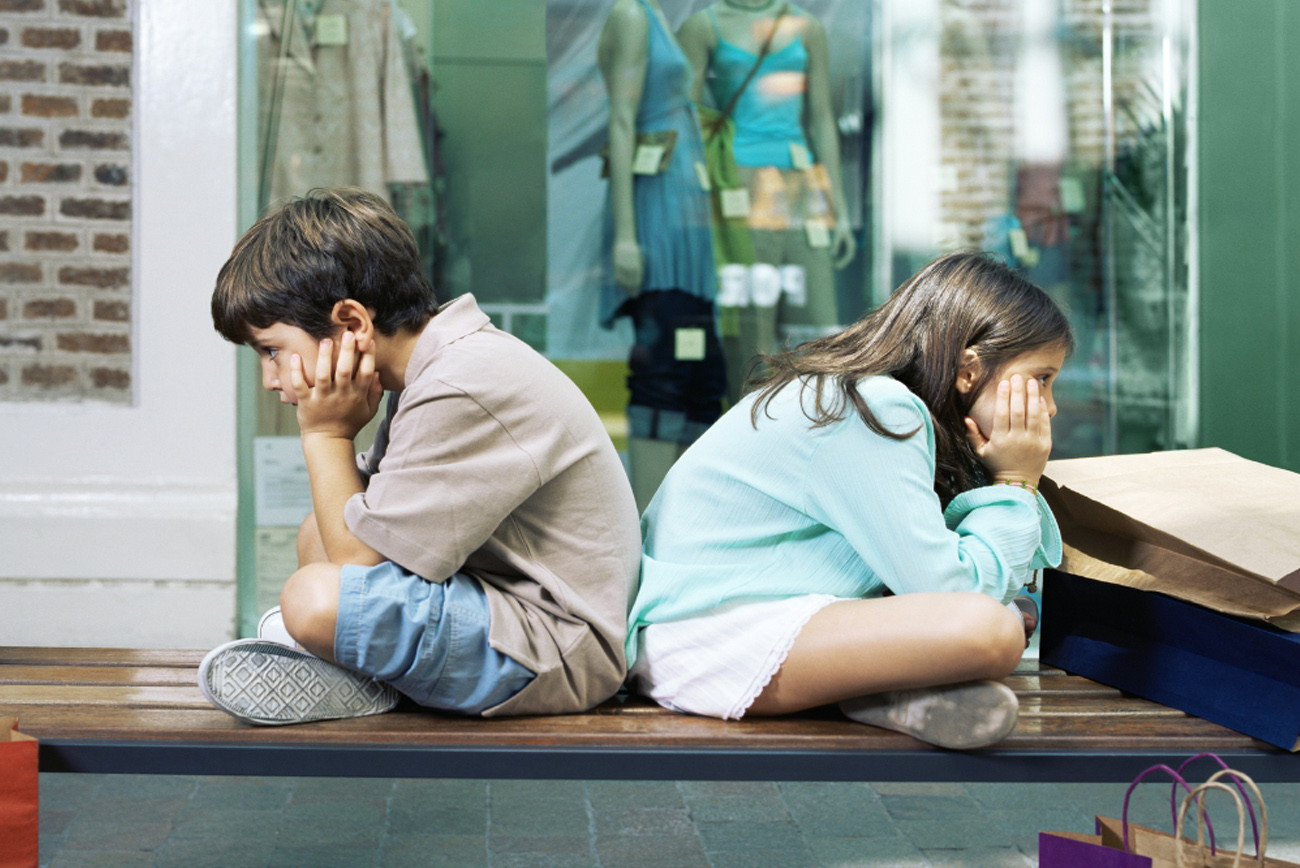Kids That Are Bored – And Why it’s Okay
“I don’t know where I’m going from here, but I promise it won’t be boring.”
– David Bowie
In today’s fast-paced world, it’s becoming increasingly common for children to be constantly entertained and stimulated, whether it’s through screens, organized activities, or playdates. However, it’s important to remember that feeling bored can actually be a valuable experience for children, providing opportunities for growth and development.
Firstly, when children feel bored, it can encourage them to be more creative and imaginative. Without the constant stimulation of screens or organized activities, children are forced to rely on their own creativity and resourcefulness to come up with ways to occupy their time. This can lead to the development of important skills such as problem-solving, critical thinking, and innovation.
In addition, feeling bored can also provide children with the opportunity to develop greater self-awareness and independence. When children are constantly being entertained or stimulated by external sources, they may not have the chance to truly connect with themselves and their own thoughts and feelings. By allowing children to feel bored, we give them the opportunity to explore their own interests and passions and to become more comfortable in their own company.
Furthermore, embracing boredom can also help children learn important life skills such as patience, resilience, and perseverance. When children are forced to wait or deal with boredom, they learn that not everything in life is instantly gratifying and that sometimes it takes effort and persistence to achieve their goals.
Of course, it’s important to note that allowing children to feel bored does not mean neglecting their needs or leaving them without stimulation for long periods of time. Rather, it’s about finding a balance between providing opportunities for structured activities and free play and allowing children the space to explore their own interests and develop their own creativity.
While it may be tempting to constantly entertain and stimulate our children, it’s important to remember that feeling bored can actually be a valuable experience for their growth and development. By embracing boredom and providing opportunities for unstructured play and self-exploration, we can help our children develop important skills such as creativity, self-awareness, and resilience, ultimately setting them up for success in life.
Choosing toys and materials can be so confusing!
Here are some of our suggestions to combat boredom:
What does the research say?
There are a number of studies that have explored the benefits of boredom for children, providing evidence to support the idea that it is okay for kids to feel bored. Here are a few examples:
- A study published in the Journal of Adolescent Research found that boredom can actually be a positive experience for adolescents, providing opportunities for self-reflection, creativity, and personal growth. The study found that adolescents who reported experiencing more boredom also reported greater levels of creativity and curiosity, as well as more positive feelings of well-being and satisfaction with life.
- Another study published in the Journal of Experimental Child Psychology found that boredom can actually improve children’s executive functioning skills, such as working memory, cognitive flexibility, and inhibitory control. The study found that when children were given tasks that were deliberately designed to be boring, they showed improvements in their ability to switch between tasks and inhibit automatic responses, suggesting that boredom can actually be a useful tool for developing these important cognitive skills.
- A third study published in the journal Frontiers in Psychology found that boredom can be an important catalyst for children’s intrinsic motivation, or their desire to engage in activities for their own sake rather than for external rewards or pressures. The study found that when children were given opportunities to choose their own activities, those who experienced more boredom were more likely to engage in activities that they found personally interesting or enjoyable, rather than simply choosing activities that were popular or expected of them.
Want to see the cutest kindness quotes for children? Read our article here!
